Pediatric Occupational Therapy serving Bergen County NJ
Transforming Challenges into Strengths with Compassion and Experience
Where Play Becomes Progress: Pediatric OT in Englewood, NJ
Helping children Thrive Through Play & Sensory Therapy
At KB Therapy, we believe learning should be joyful, engaging, and empowering. Led by Karen B. Willick (KB), MS, OTR/L, with more than 31 years of pediatric occupational therapy experience, we specialize in helping children with sensory processing challenges, autism, ADHD, and motor delays grow in confidence, independence, and joy.
Our approach blends compassion, creativity, and evidence-based methods to meet each child’s unique needs. Through play-based, hands-on therapy, children laugh, explore, and build essential skills—developing coordination, focus, self-regulation, and everyday abilities that make school, play, and home life easier and more rewarding for both children and families.
Our Mission
Empowering
Children
Through the
Power of Play.

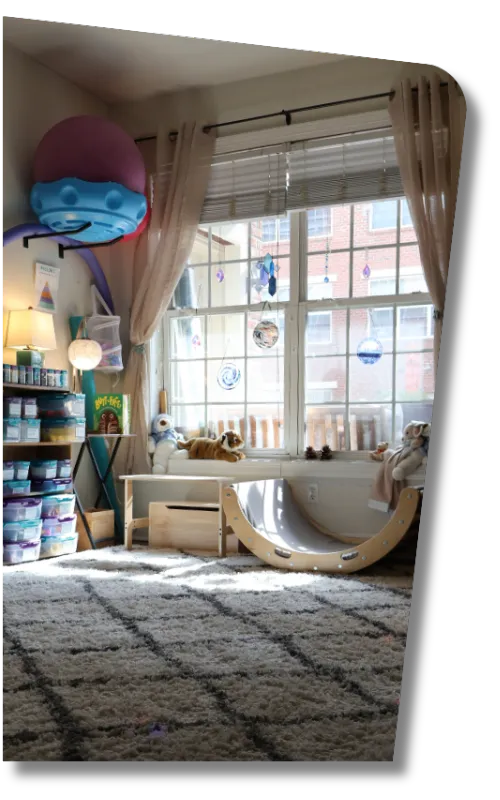
Why Families in Bergen County Trust KB Therapy
Trusted Care That Puts Children and Families First
Families across Bergen County turn to KB Therapy for expert, compassionate care that meets children where they are. With a blend of experience, creativity, and play, we make therapy both effective and enjoyable for children—and reassuring for parents.
31+ Years of Pediatric OT Expertise
KB has worked with thousands of children across Bergen County, supporting families through personalized, research-based occupational therapy.
Engaging, Fun-Filled Therapy Sessions
From sensory swings and obstacle courses to calming tools and fine motor games, every session feels like play—while building essential life skills.
Therapy That Meets Families Where They Are
We offer flexible options:
In our Englewood center with sensory-friendly equipment
In your home using your child’s toys and routines
At school with classroom visits, teacher collaboration, and adaptive strategies
Meet Karen B. Willick (KB), MS, OTR/L
Founder of KB Therapy
For over 31 years, KB has been helping children in Bergen County, NJ master life skills with joy and laughter. She specializes in sensory integration, fine and gross motor skills, autism support, and ADHD, offering tailored programs that engage children through play.
Her philosophy? Therapy should be as joyful as it is effective. That’s why every session is designed to build confidence, independence, and self-regulation in fun and creative ways.
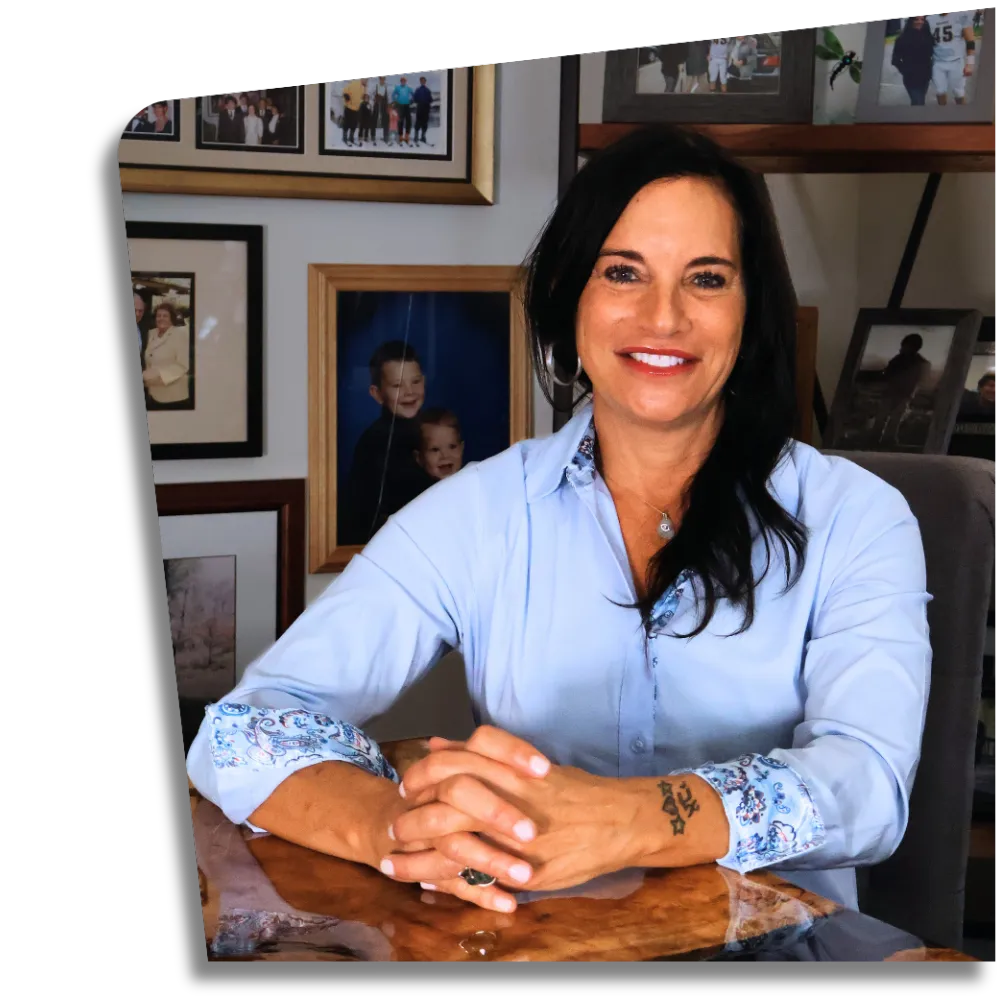
Our Pediatric OT Services
At KB Therapy, we offer a full range of pediatric occupational therapy services designed to support your child’s unique needs. From sensory processing and motor skills to self-regulation and school readiness, our play-based approach helps children build confidence and independence in everyday life.

Fine & Gross Motor Skills Development
Improving coordination, balance, strength, endurance, gym class participation, hand strength, grasp and manipulation, handwriting, utensil use and self care skills.

Autism, ADD, & ADHD
Supporting sustained attention to task, sitting duration for school work, following routines for family outings and social gatherings and social interactions with peers and adults.

School Readiness & Social Skills
Building classroom confidence through OT strategies, sensory tools, regulation techniques, therapist-teacher collaboration and executive function support.

Sensory Processing and Self Regulation
Helping children regulate their emotions and responses to sensory input.

Home Visits, School Visits & Parent Coaching
Effective, practical and proven strategies for home, school and in the community.
Our Pediatric OT Services
At KB Therapy, we offer a full range of pediatric occupational therapy services designed to support your child’s unique needs. From sensory processing and motor skills to self-regulation and school readiness, our play-based approach helps children build confidence and independence in everyday life.

Fine & Gross Motor Skills Development
Improving coordination, balance, strength, endurance, gym class participation, hand strength, grasp and manipulation, handwriting, utensil use and self care skills.

Home Visits, School Visits & Parent Coaching
Effective, practical and proven strategies for home, school and in the community.

Sensory Processing and Self Regulation
Building classroom confidence through OT strategies, sensory tools, regulation techniques, therapist-teacher collaboration and executive function support.

Autism, ADD, & ADHD
Supporting sustained attention to task, sitting duration for school work, following routines for family outings and social gatherings and social interactions with peers and adults.

School Readiness & Social Skills
Building classroom confidence through OT strategies, sensory tools, regulation techniques, therapist-teacher collaboration and executive function support.
Testimonials
Success Stories
& Parent Testimonials

Frequently Asked Questions
What is pediatric Occupational Therapy (OT)?
Pediatric OT helps children build the skills they need for everyday life—like writing, dressing, playing, and self-regulation. At KB Therapy, we use play-based activities so children learn while having fun.
How do I know if my child needs OT?
If your child struggles with sensory sensitivities, handwriting, coordination, or emotional regulation, an OT evaluation can help determine whether therapy is beneficial.
Do you accept insurance for OT services?
Currently, KB Therapy is a private-pay practice. We provide families with detailed receipts and documentation to submit to insurance providers for possible reimbursement.
Do you offer OT at home or at school?
Yes! We provide flexible therapy options—in our Englewood center, in your home, or in your child’s school for classroom support.
What ages do you work with?
We specialize in pediatric occupational therapy, working with children from toddlers through school-age, including early intervention for younger kids.
© KB Therapy – Pediatric OT & Sensory Therapy. 2025. All Rights Reserved.

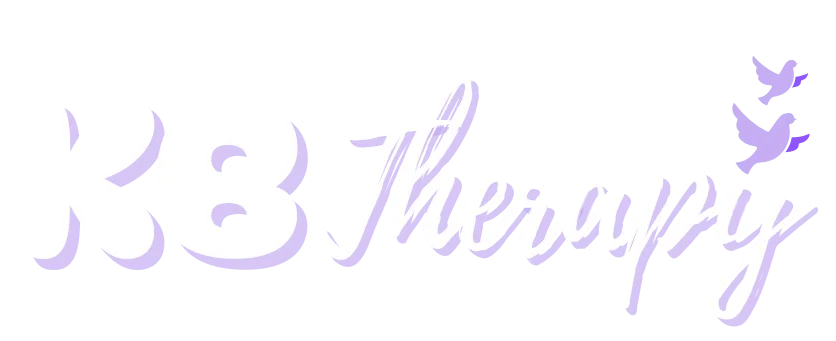
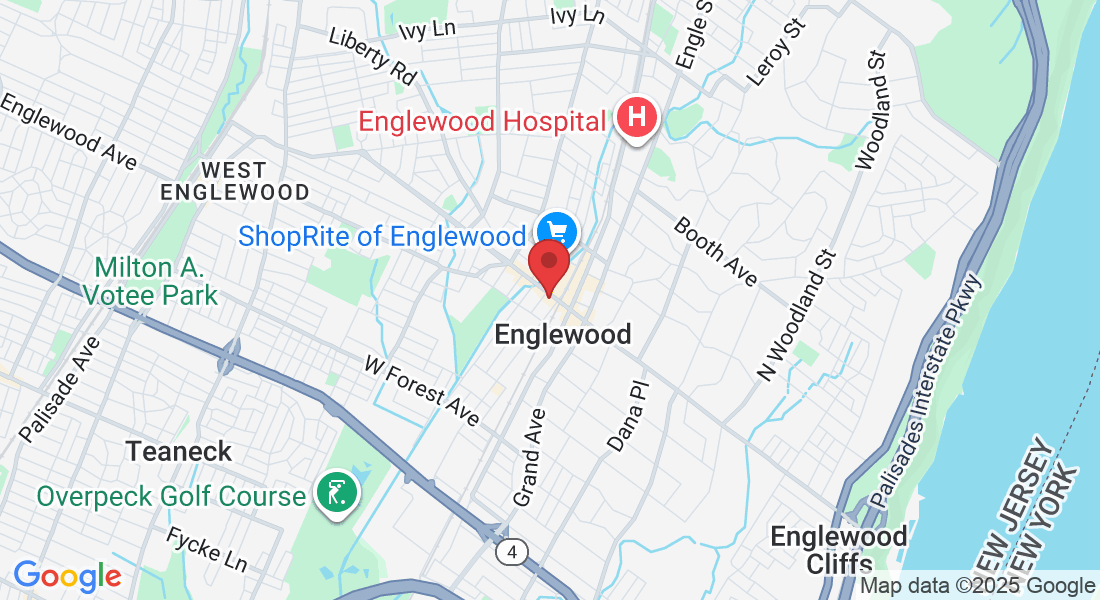
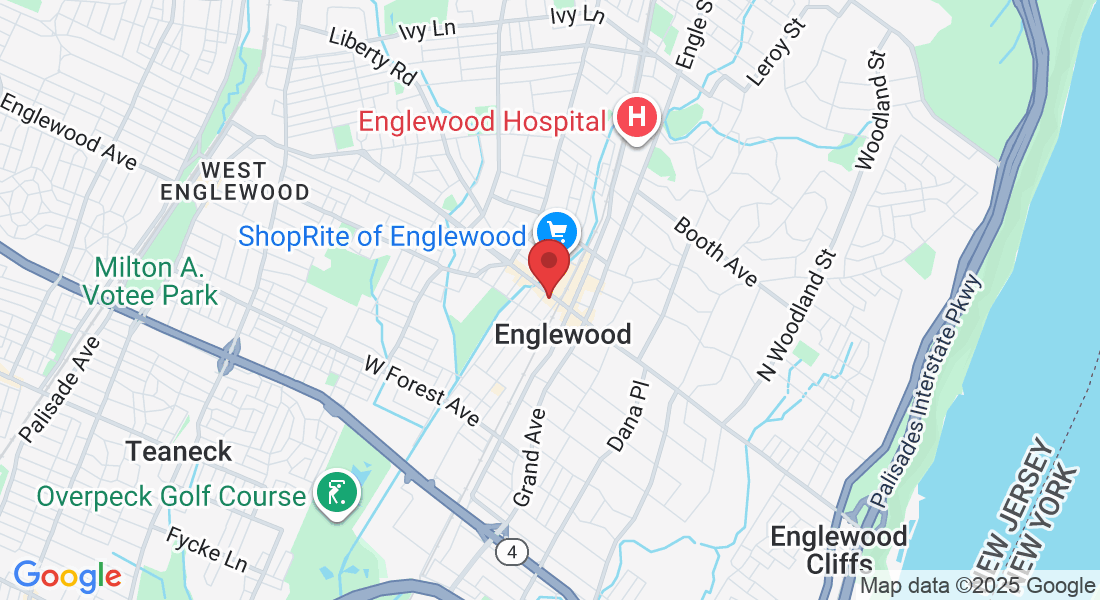
Facebook
Instagram
X